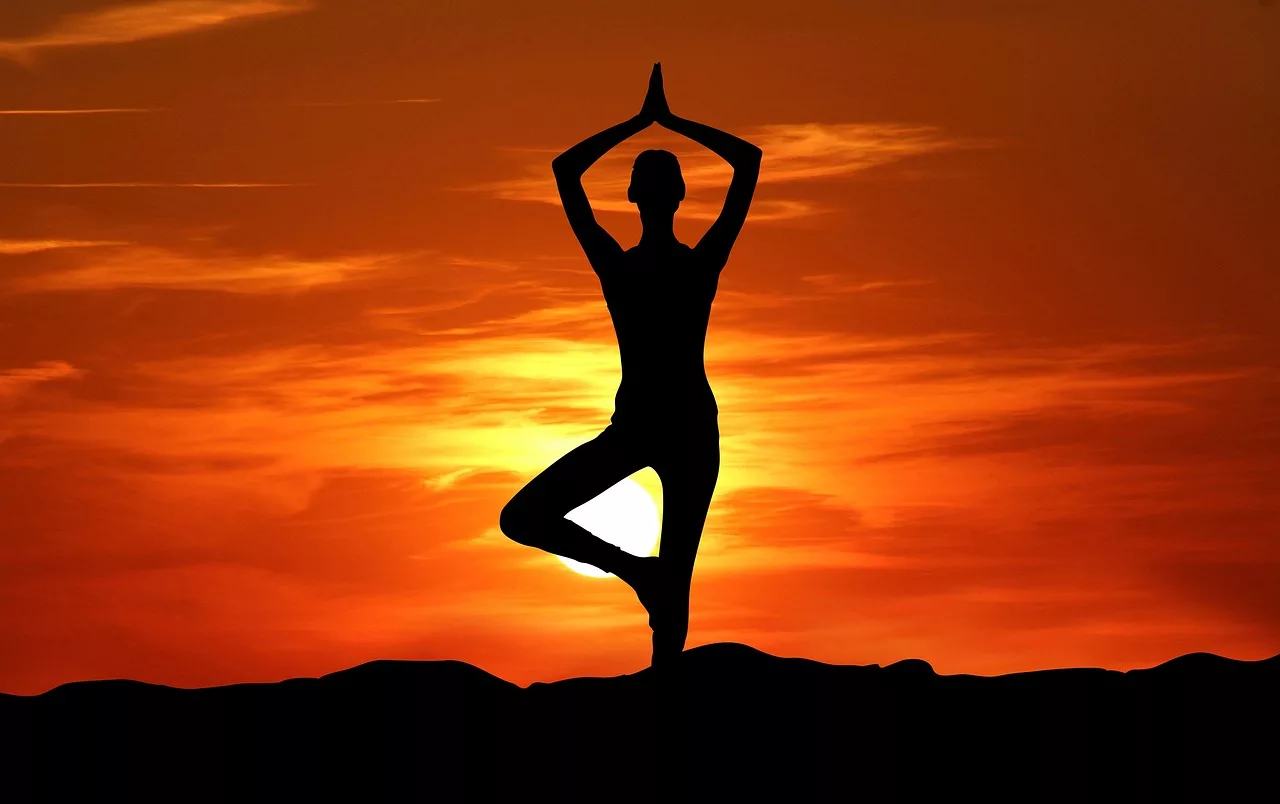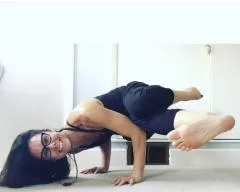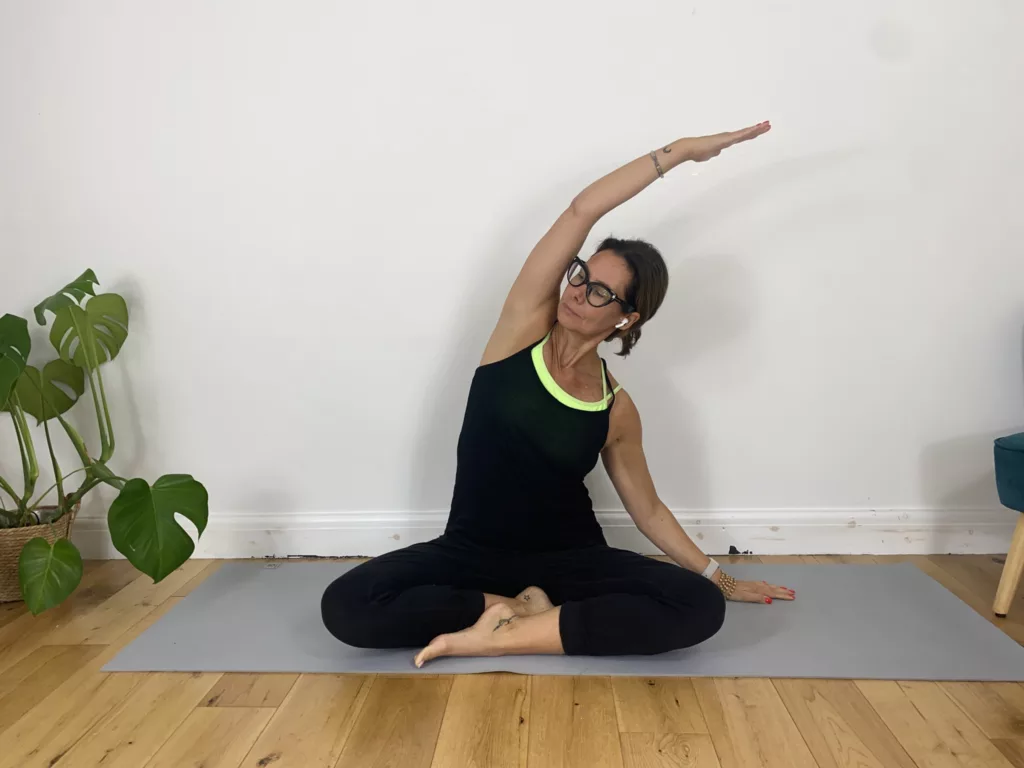I’ve been practising yoga for many years. When I’m ‘on the mat’ I feel centred, it’s space away from everything else in my life and a rare chance to pay attention to my body instead of my mind. Recently I’ve been attending classes led by Liz Walker. Liz is an experienced yoga teacher who specialises in anxiety, back pain and moving through the menopause. I invited Liz to join me for a cuppa at our favourite local coffee shop to talk about how yoga can benefit our mental health …
EF: What is yoga?
LW: Goodness that’s a big question to open with! There is no simple answer as there are many different types of yoga and it means different things to different people. Essentially, it’s all about the connection between mind and body. When yoga first originated it was a way of stretching to enable people to meditate for longer periods of time. Since then it’s changed a lot and has become westernised. The type of poses we typically do now in class only originated about 100 years ago.
EF: Ah, I see, so that makes me wonder then, what is yoga to you?
LW: Yoga calms me and makes me feel stronger in body and mind. The way we approach yoga is key, it’s all about our intention. Yoga isn’t about contorting your body into weird and wonderful shapes just to get that perfect Instagram picture!
EF: Thank goodness! Who can do yoga?
LW: Yoga is for everyone. If you can breath then you can do yoga! I’ve taught all ages from children to people in their 80s. Any fitness level, body shape or ability can practice yoga, as long as you are sensible and have a teacher who can adapt the practice to your personal needs.
EF: What got you into yoga and how long have you been practicing?
LW: I went to my first yoga class about 20 years ago and to be honest I hated it! I thought it was boring and I swore I’d never go back. Then, 10 years ago I was struggling with low mood and anxiety. I was seeing a chiropractor for back problems and they suggested that I try yoga classes alongside weight training, so I thought I’d give it another go. Gradually, I felt myself getting stronger and eventually I reached a point where I was able to wean off my anti-anxiety medication. Yoga had such a positive impact on my life that I decided to train to be a teacher so that I could give others the chance to benefit like I had.
EF: How can yoga help when we are experiencing depression and anxiety?
LW: It’s all about the links between mind and body. There’s lots of research which shows the importance of activating the parasympathetic nervous system to combat anxiety and stress. Yoga can help us to do this through breath work and gentle movement. When we focus our attention on the body and breath we can interrupt negative thinking patterns, which can be very powerful, even if it’s just for a short time. Yoga also strengthens the body, increasing mobility and protecting our joints which is vital as we age. The other benefit can be the social aspect if you are going to a class with others. Not to mention of course the importance of getting out of the house and sticking to a planned activity.
EF: How would you recommend that someone get started with yoga?
LW: Experiment, find a teacher who you resonate with. As I said there are lots of different types of yoga, so research this and consider what you want to get from your practice. Ask friends for recommendations. See what’s going on in your local area, there may be a yoga studio, community centre or gym which offer classes. It’s also possible to access lots of online classes now too. The mental health charity, Mind, are running a challenge this month to complete 20 minutes of yoga per day. I’ll be taking part to raise funds and to encourage me to keep up my personal praise outside of my teaching commitments.
EF: How can people join you on the mat?
LW: I offer classes from my own home as well as local gyms. You can find me on Instagram: @yoga.elizabeth and You Tube: @YogawithElizabethUK
EF: Thank you so much for sharing your knowledge and personal experience Liz, Namaste!
LW: Namaste!



